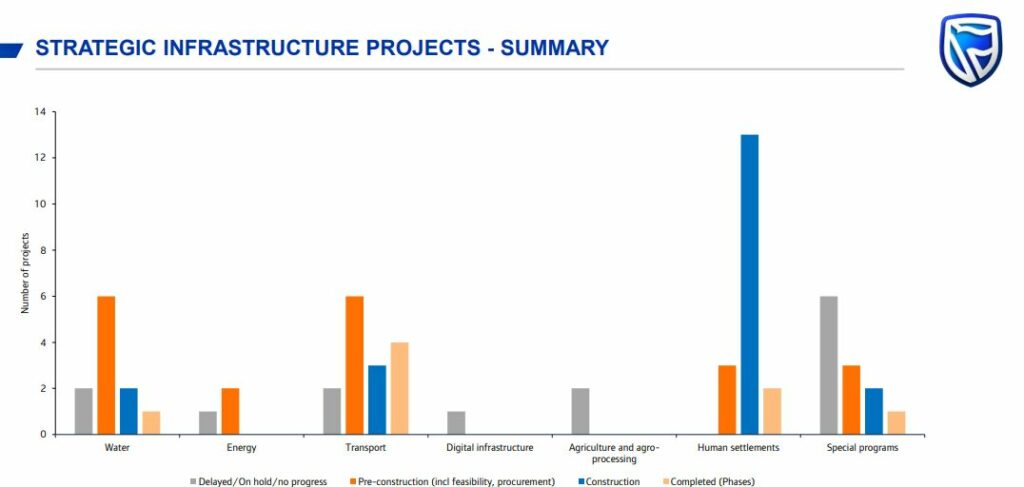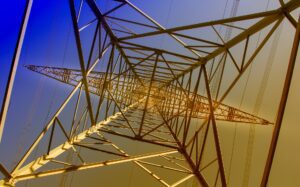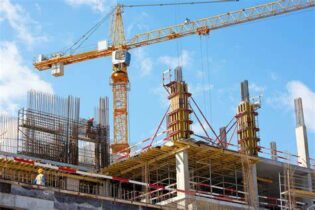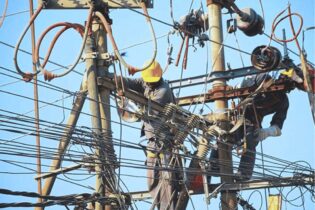Almost a quarter of South Africa’s R340 billion worth of strategic infrastructure projects have been delayed or put on hold.
This is according to Standard Bank Group. The South African Government adopted a National Infrastructure Plan in 2012. With the plan, the government aims to transform the economic landscape while simultaneously creating significant numbers of new jobs, and strengthening the delivery of basic services. The plan also supports the integration of African economies. These investments would improve access to South African healthcare facilities, schools, water, sanitation, housing and electrification. Investment in the construction of ports, roads, railway systems, electricity plants, hospitals, schools and dams would contribute to faster economic growth. The government announced 62 energy, water, sanitation and other projects, known as SIPs. While eight have been completed and 40 are underway, 14 are behind schedule, the bank said in a May 25 report that monitors their progress.

- to unblock opportunities
- transform the economic landscape
- create new jobs
- strengthen the delivery of basic services
- integration of African economies






